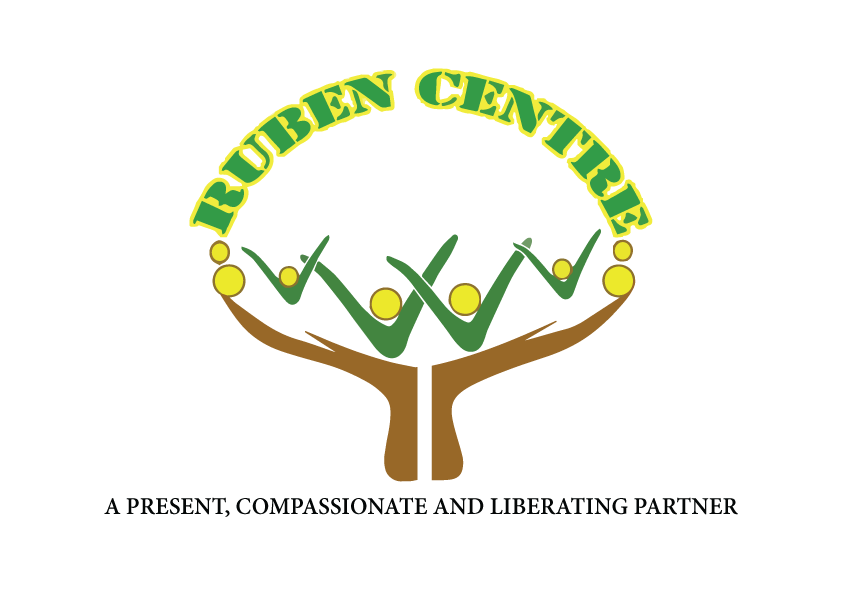Knee-Deep in Water
The ruins of a shanty built on riparian land in Mukuru that was demolished .
Kenya and Nairobi have been pounded by rain for two months now, resulting in the loss of over four hundred lives in various ways, including mudslides sweeping people away and houses being submerged. Directives from Interior Cabinet Secretary Kithure Kindiki to the Nairobi County Government and other stakeholders greenlit the demolitions of houses located on riparian land along Nairobi rivers. Unfortunately, the unjust arm of the law has focused on demolishing homes in informal settlements while overlooking those in the suburbs and high-end estates. In the zoned areas along the Nairobi River, which runs through Mukuru, three tragic deaths have occurred, including one child who was electrocuted. This is against the backdrop of the World Bank lending an additional KSh 46 billion for urban centers development plan, and the President’s affordable housing efforts. The government has allegedly completed over 36,000 houses that would be sufficient to accommodate all the evicted persons, yet the President promised to give victims of the floods KSh 10,000 to cater for their current living conditions.
The Nairobi River wading its way through Mukuru kwa Reuben.
While the rains are attributed to the El Niño climate event, the death and destruction of property are just the beginning. Farmers across the country are already worried about the looming food shortage after thousands of hectares of irrigation schemes have seen damage and loss of crops. This adds insult to the injury of fake fertilizers supplied by the Ministry of Agriculture and Livestock. The World Health Organization has also announced 44 new cholera cases in Tana River County, foreshadowing a potential outbreak due to infected water sources. With Kenya lying on the equator, it is a viable zone for malaria outbreaks, catalyzed by pools of stagnant water due to the ongoing rains.
Jubilant women who have received a food hamper courtesy of Team Pankaj.
On Saturday, May 4th, 2024, Ruben Centre partnered with several aid agencies to provide assistance in the form of food, mattresses, and blankets. Our organization’s established reputation and credibility make it an ideal hub for any humanitarian response, particularly for the people of Mukuru. Three groups—Team Pankaj, Action Aid, along with our own partner African Youth Trust, and a newcomer, the Jonathan Jackson Foundation—all utilized Ruben Centre to reach over 600 families. Ruben Centre's capacity to identify those in need ensures that assistance is directed to those who are most vulnerable. The flooded slum environment is already dire, but the situation worsens with over 2000 families facing eviction and demolition orders to clear thirty meters on each side of the Nairobi River, as decreed by the national government.
“I have witnessed an abundance of suffering and have heard countless stories of the anguish inflicted by failed politics in Kenya. In 2010, when I first visited the Mukuru slums, Ruben Centre, like other parts of the slum, had a somewhat functional drainage system that directed water into a large river valley. The transformation is a stain on all levels of government, from the highest echelons down to the local level. There is a complete disregard for the rule of law. Corruption has allowed local politicians to fill the valley with ‘waste’ black cotton soil and subsequently lease the space to their cronies to construct makeshift shanties (called houses) for the poor and homeless. This has led to flooded slums and houses due to destroyed drains and disrupted waterways, all under the watch of higher government authorities, whose greed has diverted their focus from their obligations,” laments Br. Frank O’Shea.
The Mukuru youth from Salama Youth Hub played a pivotal role in identifying needy families. Ruben Centre remains resilient and active in these times of collaboration with other organizations to extend a helping hand to those in need.
By: Frank O’Shea & Gregory Barake







